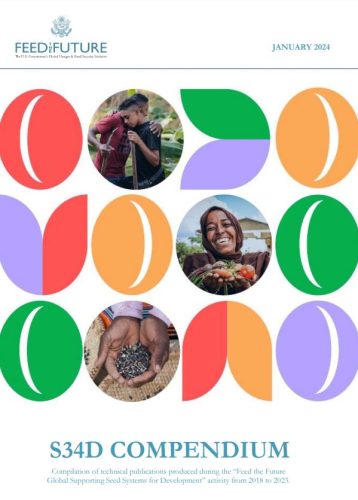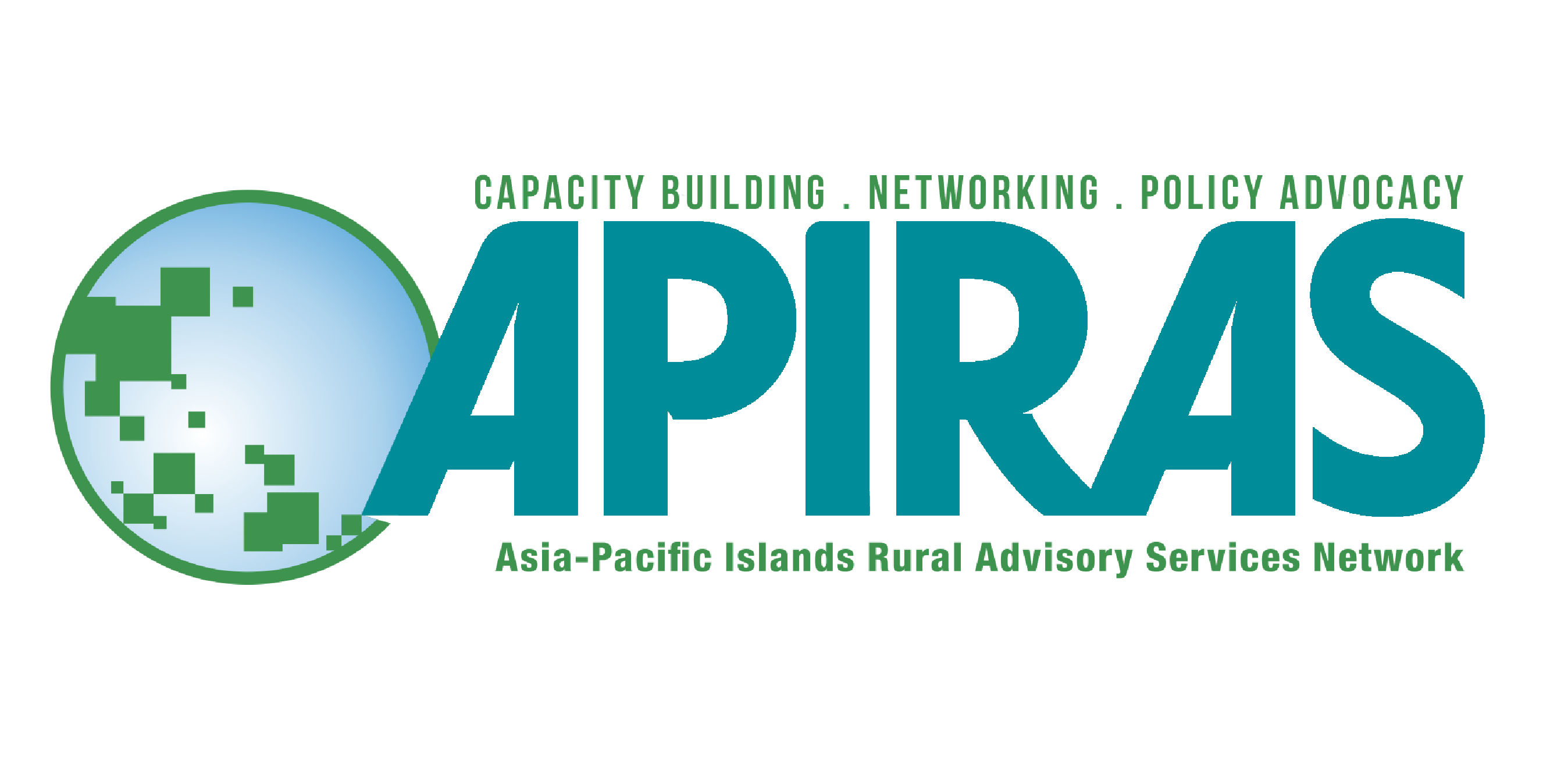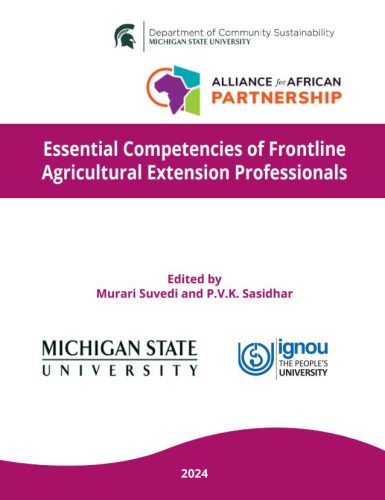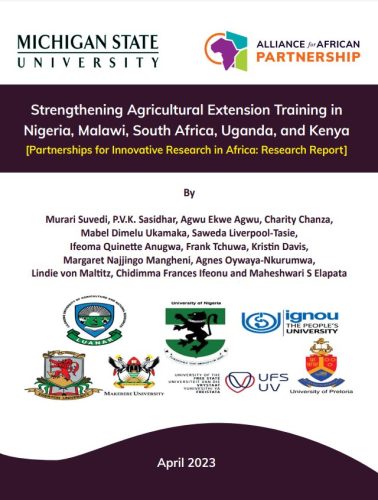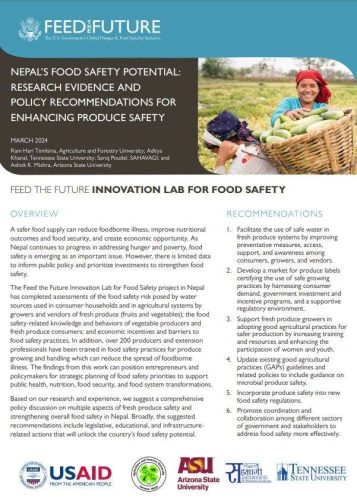To strengthen the agricultural extension curriculum, the present study was undertaken in sub-Saharan Africa covering Nigeria, Malawi, South Africa, Uganda, and Kenya during 2021-2023. The population for the study was agricultural extension professionals within these five countries drawn from universities, public- sector organizations, private- sector organizations, and NGOs. Mixed- method research design, comprising quantitative and qualitative approaches, was employed to assess the process skills and competency gaps in undergraduate (UG) agricultural extension curricula with the following research questions and objectives:
Research Questions
1. Do extension programs effectively address the needs of current food and agricultural
systems?
2. What are the critical job skills and core competencies required of extension workers
to effectively plan, implement, and evaluate extension work in today’s changing
context?
3. Does the UG curriculum in extension education include education and/or training on
these job skills or core competencies?
4. What are the barriers to effectively training extension workers with required core
competencies, and how can these barriers be removed?
Objectives
1. Review agricultural extension curricula currently in use at AAP member universities at
the UG level in Nigeria, Malawi, South Africa, Uganda, and Kenya.
2. Identify critical process skills and competencies of agricultural extension professionals,
process skills gaps, and areas of potential curricular reform.
3. Recommend improvements/reforms of agricultural extension curricula to prepare the next
generation of agricultural extension professionals to competently handle EASs delivery.
4. Introduce new/improved curricula among the agricultural extension faculty engaged in
training and education in sub-Saharan countries.
The study assessed 11 process skills and competencies — program planning; program implementation; communication; information and communication technologies (ICTs; program monitoring and evaluation; personal and professional development; diversity and gender; marketing, brokering, and value chain development; extension soft skills; nutrition; and technical subject matter expertise.
